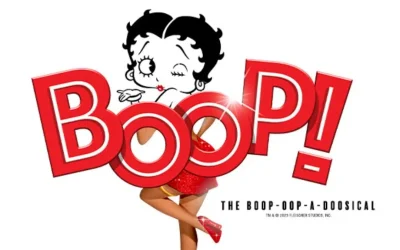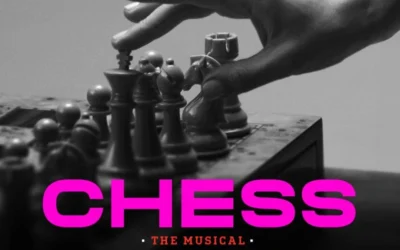Leaders from the entertainment, academic, and marketing industries gathered on January 23, 2012, for the TEDxBroadway Conference held at the New World Stages in New York City. For the theme of this first annual conference, event organizers chose the future of Broadway—what Broadway will be like in the year 2032 and what will happen to the Broadway ticketing industry.
TEDx events, such as TEDxBroadway, are locally organized events and use the standard TEDx (Technology, Design, Entertainment) conference as a general guideline. TED, now a nonprofit group, was original started 26 years ago as a four-day conference in California dedicated to “ideas worth spreading.”
TEDxBroadway was organized by writer, director, and producer Ken Davenport; the CEO of ticket company Goldstar, Jim McCarthy; and the founder of the online marketing firm Situation Interactive, Damian Bazadona.
“How will our shows be created? How will they be marketed? Who’s going to come see them? These were all the questions that Jim, Damian and I sat around one day asking each other. And the only answer we could all agree on was that we had no idea,” Davenport said. “None. So what we decided to do is invite some of the smartest people we knew into this room today and ask them those same questions. ”
The conference, which included about 200 attendees and several guest speakers, featured panels and discussions including how to attract a younger demographic to Broadway, Broadway’s disjointed ticketing system, and the importance of social media as a way to connect with fans.
Featured speaker and president of Jujamcyn Theaters Jordan Roth talked about the creation of shows in both the present and his predictions for the future. Roth placed great emphasis on how the live aspect of Broadway is also what makes Broadway works unique forms of entertainment.
In a recent email to TicketNews, TEDxBroadway co-creator Bazadona agreed with Roth but expressed the need for Broadway to change the way productions connect with audiences.
“Content becomes the primary driver of the marketing,” said Bazadona. “We have some of the most creative minds on the planet active on Broadway—I believe growth for the industry will be focused on expanding our exposure to give consumers the ability to connect with our brands beyond the four walls of the theatre.”
Many speakers agreed that social networks would have an important place in the future of Broadway, especially in respect to the way in which shows are marketed. Actor and writer Matt Sax used his talents to perform an original rap to drive home the importance of using the Internet to create and foster interest in Broadway.
Steven Gullans, managing director of venture capital firm Excel Venture Management, took the social media talk one step further when he discussed a new idea of “smart” social networks, a way to share the reaction of theatergoers across a number of social media platforms.
The concept of using social media as the main component of marketing campaigns was all-around highly touted at the conference, but Broadway producers were quick to remind marketers that very few Broadway shows have large enough budgets to pay for elaborate campaigns. Producer Randy Weiner revealed he has a zero marketing budget for his off-Broadway show “Sleep No More.” Instead of relying on marketing, Weiner suggests that producers should rely on word-of-mouth for promotion.
“The show is the marketing. It’s about unifying the show, the experience, the marketing—that is in many ways the [reason] why the show has been so successful,” said he said.
As part of an overall effort to make Broadway more accessible to a larger demographic, conference attendees discussed the idea of providing potential audience members with easier ways to purchase tickets like through social networking sites. However, the growing problem of competing Broadway ticketing systems has stunted the growth and development of the entire niche theatre ticketing industry.
Barry Kahn, CEO of ticket pricing company Qcue, was one of the first at the conference to directly address this issue. Kahn begged for unity among box offices to eliminate competition and to work together toward the common goal of keeping ticket sales up.
One of the most memorable talks came from Vincent Gassetto, a principal of a public middle school in the Bronx. Gassetto told the conference a story about the time his students were invited as guests to a performance of “Spider-Man: Turn Off the Dark” and could not stop talking about the show afterwards. Gassetto used his story to remind those in attendance not to overlook the power of this demographic.
“They’re going to be your writers, your producers. They’re going to be your actors and, at the very least, they’re going to be your audience members,” he said.
As a conclusion to his interview, conference organizer McCarthy shared with TicketNews his hopes for next year’s event.
“Our biggest ambition for TEDxBroadway is that it continues a great conversation that we think has gotten started now and broaden it to include some other truly dynamic voices and perspectives,” stated McCarthy. “There’s a real need for this kind of conversation in any industry and we want to make sure it grows and remains vital.”



